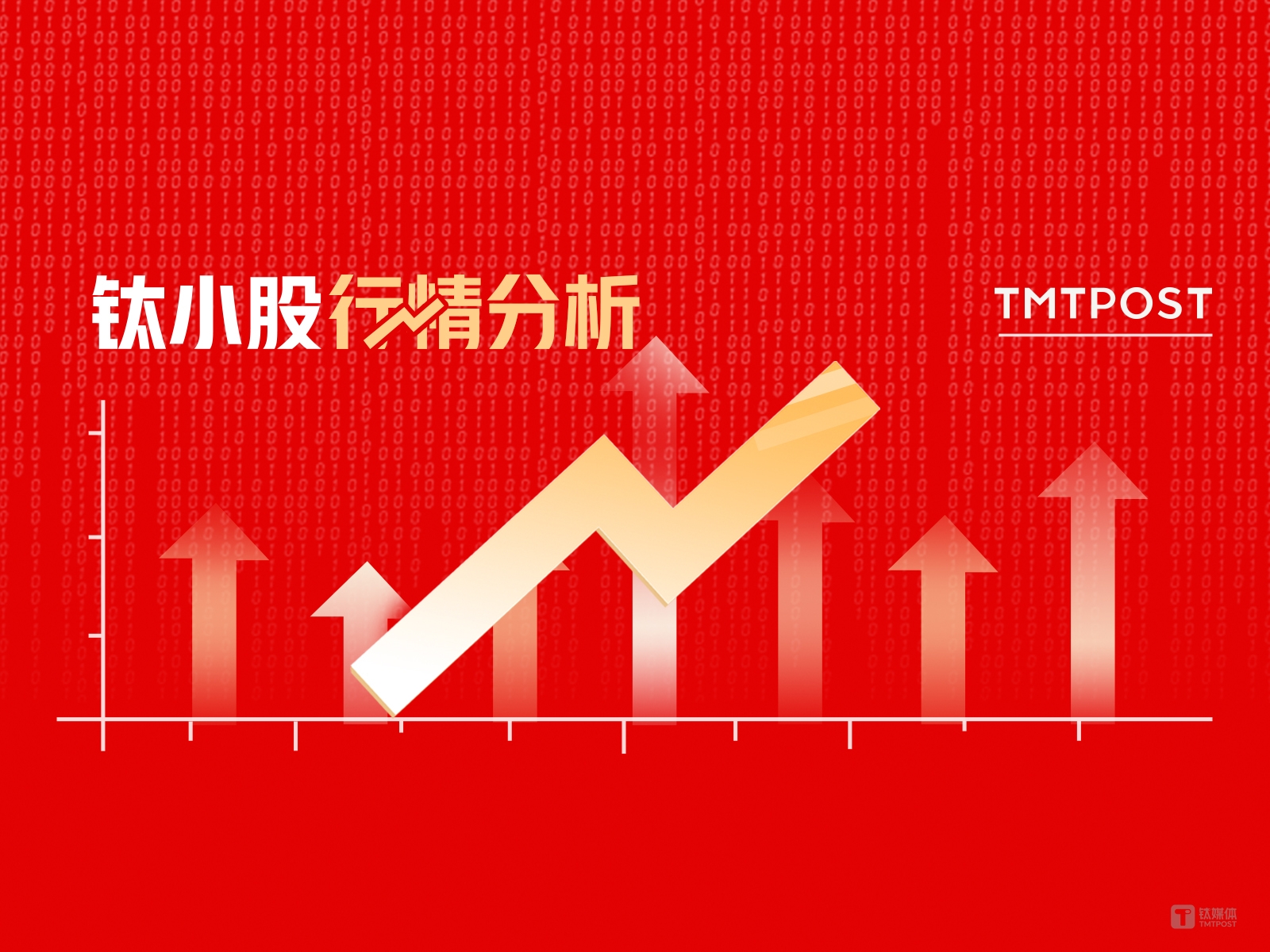TMTPOST -- OpenAI CEO Sam Altman said last week that the term 「artificial general intelligence,」 or AGI, is becoming less useful as rapid advances in artificial intelligence make it harder to define.
AGI is typically described as a form of AI capable of performing any intellectual task a human can. OpenAI has long pursued research and development aimed at building AGI that is safe and beneficial for humanity.
「I think it』s not a super useful term,」 Altman told CNBC』s Squawk Box last week, when asked whether the company』s latest GPT-5 model brings the world closer to AGI. Altman has previously said he believes AGI could be developed in the 「reasonably close-ish future.」
One challenge, Altman noted, is that definitions vary widely among companies and experts. One interpretation is an AI that can perform 「a significant amount of the work in the world,」 though this is complicated by the fact that the nature of work is constantly evolving.
「I think the point of all of this is it doesn』t really matter and it』s just this continuing exponential of model capability that we』ll rely on for more and more things,」 Altman said.
Skepticism about the term extends beyond OpenAI. Nick Patience, vice president and AI practice lead at The Futurum Group, described AGI as 「a fantastic North Star for inspiration」 but ultimately not a practical descriptor.
「It drives funding and captures the public imagination, but its vague, sci-fi definition often creates a fog of hype that obscures the real, tangible progress we』re making in more specialised AI,」 Patience told CNBC via email.
OpenAI and other AI startups have raised billions of dollars and achieved sky-high valuations on the promise of eventually reaching AGI. OpenAI was last valued at $300 billion and is reportedly preparing a secondary share sale at a $500 billion valuation.
Last week, OpenAI rolled out GPT-5, its newest large language model, to all ChatGPT users. The company said the system is smarter, faster and 「a lot more useful,」 particularly in writing, coding and assisting with health-related queries.
The launch, however, drew criticism from some who viewed the update as modest rather than groundbreaking. While OpenAI still regards AGI as its long-term aim, Altman said it is more productive to describe progress in stages rather than debating whether a system meets the binary threshold of AGI.
「We try now to use these different levels ... rather than the binary of, 『is it AGI or is it not?』 I think that became too coarse as we get closer,」 he said at the FinRegLab AI Symposium in November 2024. Altman still anticipated AI will achieve breakthroughs in areas such as mathematics and scientific discovery within the next two years.
「There』s so much exciting real-world stuff happening, I feel AGI is a bit of a distraction, promoted by those that need to keep raising astonishing amounts of funding,」 Patience said.
「It』s more useful to talk about specific capabilities than this nebulous concept of 『general』 intelligence.」



























